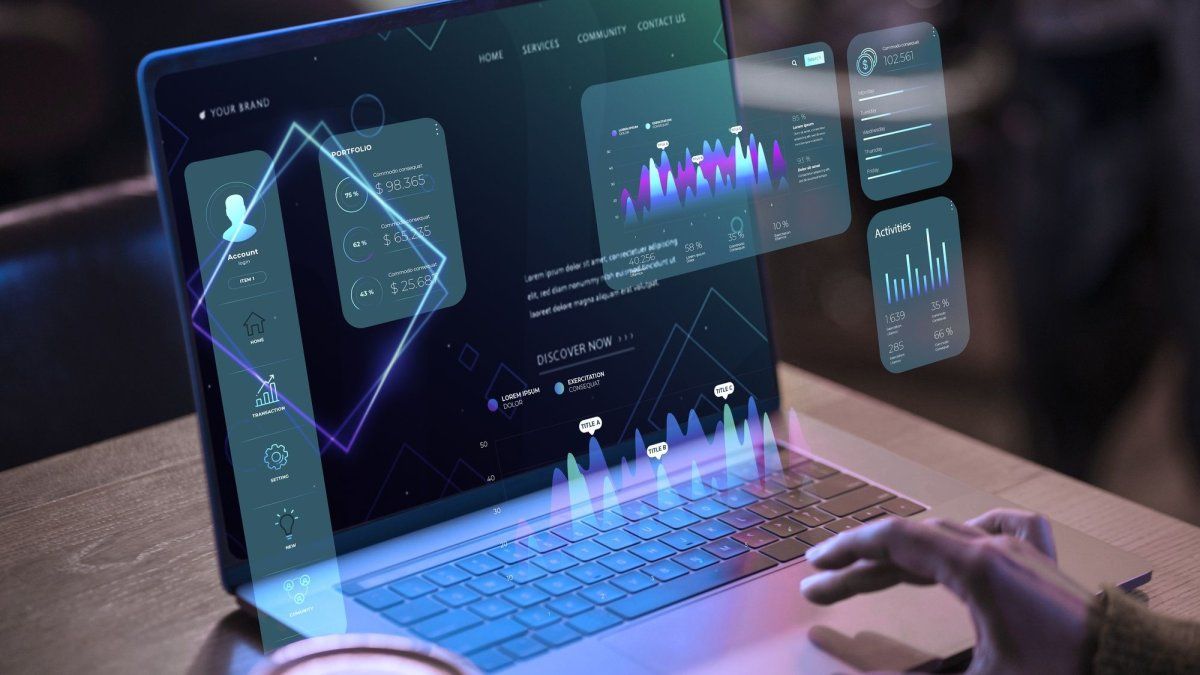The rise of DeFi platforms in Latin America faces significant regulatory challenges, as highlighted by Andrés Peña, CMO, and Oscar, CEO of Dobprotocol. Both agree that the authorities’ ignorance of the blockchain sector and the lack of specific regulatory frameworks generate legal uncertainty, hindering regional expansion and the development of decentralized proposals. As some governments focus on launching central bank digital currencies (CBDCs), traditional compliance requirements such as KYC and AML conflict with the anonymous essence of DeFi platforms, exacerbating obstacles.
On the other hand, DeFi protocols are positioned as key tools to improve financial inclusion in regions with limited access to traditional banking services. By eliminating intermediaries and reducing costs, these platforms enable global access to services such as loans and remittances, especially in low-income communities. Dobprotocol, led by Oscar and Peña, seeks to democratize the collaborative economy through the tokenization of real assets and the use of artificial intelligence to automate financial flows, with a view to consolidating itself as a global benchmark by 2025.
Journalist: What are the main regulatory challenges for the development of DeFi platforms in Latin America?
Andrés Peña, CMO of Dobprotocol:
The lack of knowledge of the authorities towards the blockchain sector and the lack of initiatives that promote the development of Latin DeFi proposals. On the other hand, countries seem to be more interested in launching their CBDC than in exploring options that encourage decentralization.
Oscar CEO dobprotocol:
The development of DeFi platforms in Latin America faces key regulatory challenges. The lack of specific frameworks generates legal uncertainty, since traditional financial laws do not fit decentralized models. KYC and AML requirements are difficult to implement on platforms that prioritize anonymity and decentralization. Additionally, there is a lack of consensus between countries on how to regulate cryptoassets and associated platforms, making regional expansion difficult. The absence of clear regulatory infrastructure also generates distrust among users and investors. Added to this is the lack of clarity regarding the control of income generated by tokenized assets. Finally, resistance to change on the part of regulators and the slow technological adaptation of government institutions make it difficult for the sector to advance.
Q. How can DeFi protocols improve financial inclusion in countries with limited access to traditional banking services?
Andrés Peña, CMO of Dobprotocol: decentralized finance (DeFi) is an excellent option for people who do not have access to the traditional system, or prefer to opt for other alternatives. Due to its freedom of access, diversity of options and strategies, as well as more attractive rewards, its adoption will only increase and concepts such as “staking” or “yield farming” will become better known.
Oscar:
DeFi protocols improve financial inclusion in countries with limited access to banking services through their decentralized nature, which eliminates intermediaries and barriers to entry. They offer global access to financial services to anyone with the internet, without the need for bank accounts or credit history. They reduce costs associated with transfers and loans, making them accessible to low-income populations. By operating 24/7, they guarantee continuous availability. They facilitate loans based on digital guarantees and on-chain reputation, allowing access to credit without traditional requirements. They also promote the tokenization of local assets, empowering communities by integrating their economies into the global financial system. In addition, they simplify the sending of remittances with lower costs and greater speed.
Q: How can artificial intelligence optimize investment strategies in the DeFi ecosystem?
Oscar:
AI optimizes DeFi investment strategies by analyzing large volumes of data in real time, identifying trends and market opportunities. Predictive models anticipate price movements and risks, improving decision making. Facilitates risk management by evaluating metrics such as volatility and liquidity, adjusting strategies to minimize losses. In addition, it automates investments using algorithms optimized for yield farming, staking and arbitrage. It also monitors smart contracts to identify potential vulnerabilities and prevent losses. AI allows you to customize strategies according to specific objectives and manage portfolios efficiently in complex and highly dynamic environments such as DeFi.
Q: What role does AI play in detecting fraud and improving security in decentralized transactions?
Andrés Peña, CMO of Dobprotocol:
Artificial intelligence and AI Agents will be fundamental for fraud, scam and money laundering detection processes in the blockchain and Web3 ecosystem. In the future there will be several options for AI Agents focused on due diligence due to their enormous ability to analyze data in a short time and make decisions based on it.
Oscar:
AI plays a crucial role in detecting fraud and improving security in decentralized transactions. Analyze large volumes of data in real time to identify anomalous patterns that could indicate fraudulent activity. Implement machine learning systems that detect suspicious behavior, such as hacking attempts or manipulations in smart contracts. Helps prevent attacks such as phishing by analyzing interactions in real time. AI also monitors blockchain networks to identify vulnerabilities and improve their resistance to cyberattacks. In addition, it automatically validates transactions based on predefined rules, minimizing human errors and risks. With these capabilities, it reinforces trust in decentralized ecosystems.
Q: What is Dobprotocol? How is it born?
Oscar: Dobprotocol is a decentralized platform designed to tokenize real-world assets (RWA) and automatically distribute the profits they generate among participants, in a secure, transparent and efficient manner. Dobprotocol’s technology combines artificial intelligence (AI), blockchain and the Internet of Things (IoT) to create an ecosystem that allows autonomous business models to be developed and operated, supervised by AI agents.
The project arises from the need to solve problems related to the management of decentralized assets, such as the distribution of benefits and the automation of financial flows. Dobprotocol was conceived two years ago, with the aim of democratizing the collaborative economy, allowing anyone to participate in the creation and management of autonomous businesses using open source tools. Its mission is to empower global communities through equitable participation in the decentralized economy.
Q: What are Dobprotocol’s goals for 2025?
By 2025, Dobprotocol seeks to establish itself as a leader in asset tokenization and profit distribution on the blockchain. It plans to launch new modules such as dob.finance (decentralized finance) and dob.lease (asset leasing), as well as advanced automation tools with AI to optimize processes. It will focus on building an active community through open source strategies and grant programs. It also seeks to establish strategic alliances with companies and real use cases. Another goal is mass tokenization, promoting the use of the $DOB token and listing it on key platforms. These goals are aimed at positioning Dobprotocol as a benchmark in the global collaborative and decentralized economy. We will also leverage the $DOBI agent launched on the Virtuals platform to serve as the first RWA agent that validates remunerated transactions on the blockchain.
Source: Ambito




